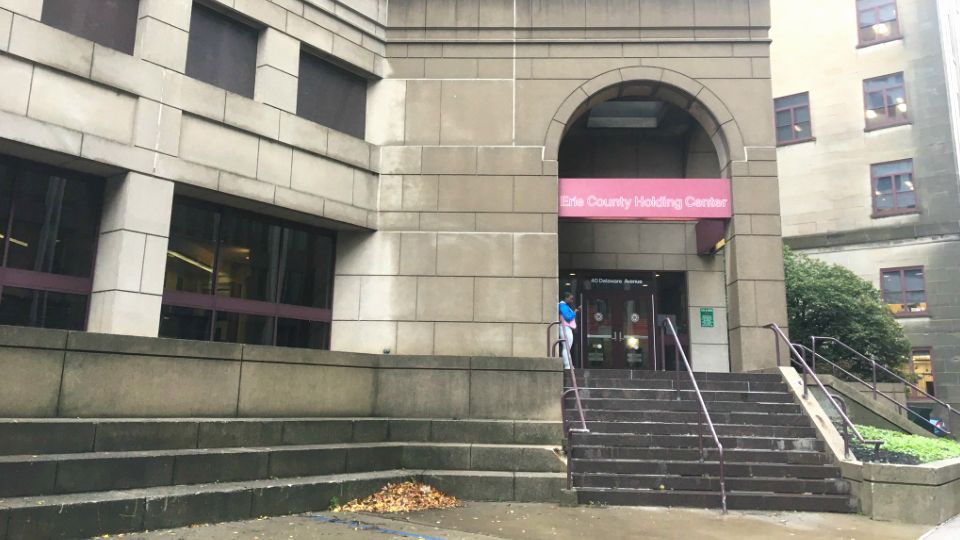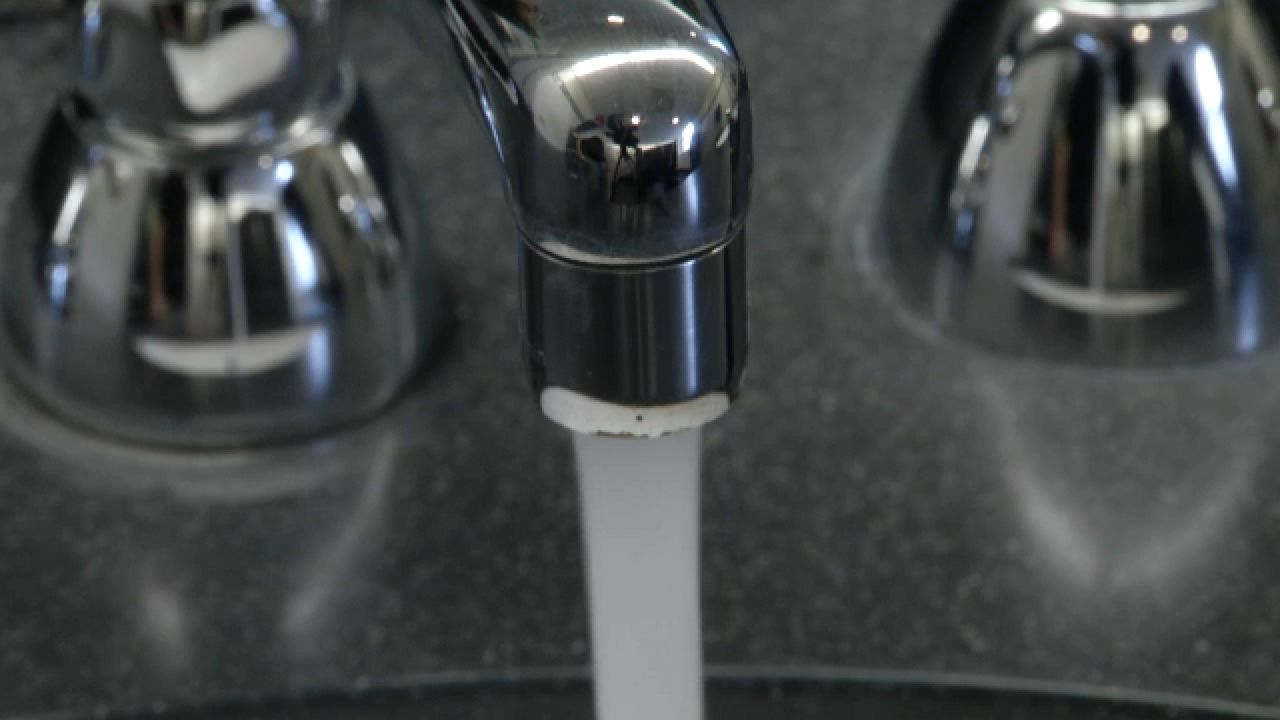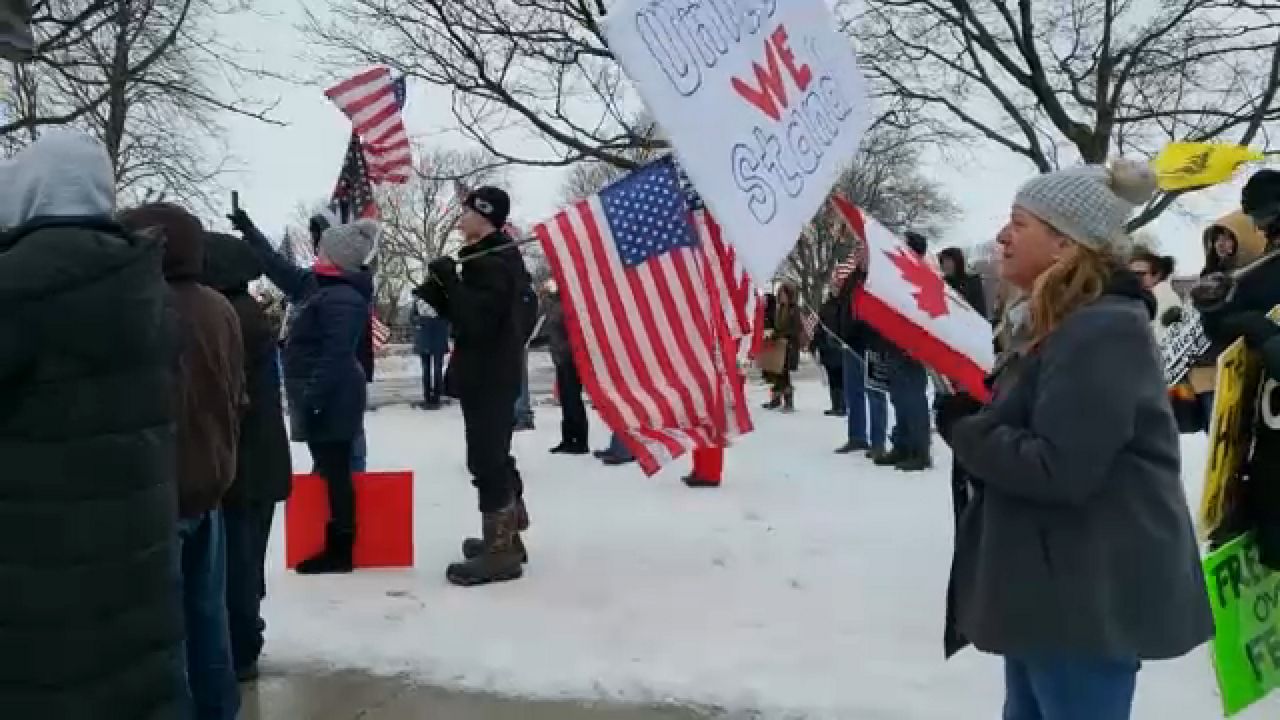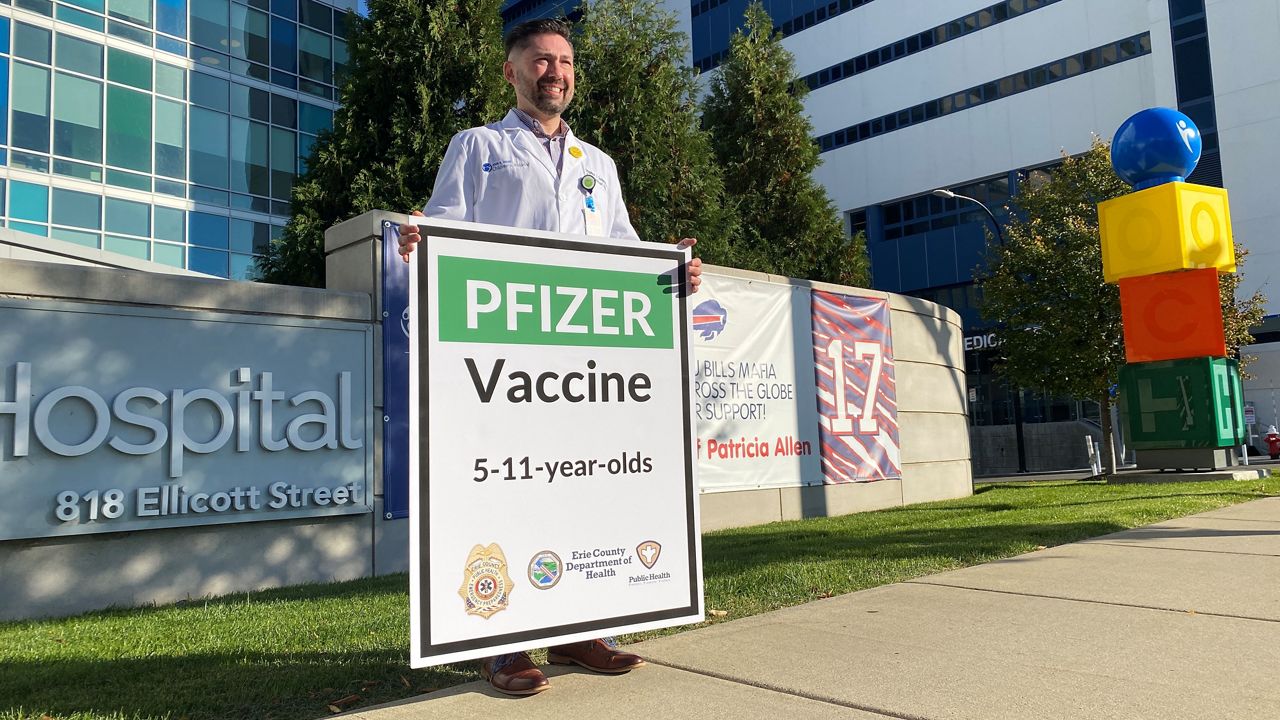BUFFALO, N.Y. — It's been two years now since COVID-19 appeared in the United States and a year since the country had the vaccine. Now, the State Department of Health reports that 84% of adult New Yorkers are fully vaccinated.
Gov. Kathy Hochul is now on a crusade to make sure all eligible children get their shot and that everyone gets boosted. There is still a long way to go in vaccinating one of our most vulnerable populations: the homeless.
Depending on where you live in the country, the Centers for Disease Control and Prevention says between just 18-44% of the homeless have been vaccinated.
Belinda Sutton has lived at Community Mission of Niagara Frontier, a homeless shelter, for four months. She’s one of the few residents that have been vaccinated against COVID-19.
“I was kind of reluctant in doing it,” Sutton said. “Into my own personal reasons and then I noticed the rates was going up. I was losing a couple of loved ones due to the COVID epidemic and I made a decision, you know, to get vaccinated.”
Before she came to Niagara Falls, she was living in a halfway house in Pennsylvania. She made the decision to get vaccinated because she was afraid for her health.
"I was exposed to the COVID,” Sutton said. “Several women in the facility that I was in caught the COVID, so we were quarantined for like a month and a half. I was tested maybe five or six times making sure I wasn’t exposed to the COVID.”
Eric Boerdener is the vice president of specialized services at Community Missions. He says the homeless are a population that suffers a lot of the comorbidities, like the inability to eat nutritious meals and obesity, and puts them at high risk of contracting the virus. Also, the shelter is seeing more elderly people who are homeless now, and individuals that are homeless don’t have the medical support other people do.
“If they’re in a shelter or they’re you know, lack of better way, living in camps in the community or living in abandoned houses,” Boerdener said. “They’re not socially distancing themselves you know, because they’re living together in groups at times, and they’re not able to follow the kind of social distancing guidelines and isolation.”
He says, currently, the vaccination rates of individuals living at the shelter are pretty dismal.
“We’re roughly above the 30% range of individuals vaccinated,” Boerdener said.
Boerdener says you’re not required to be vaccinated to live at the shelter. That vaccination rate ebbs and flows depending on who’s there. There have been times when more than 50% of the residents were vaccinated. He says it can be challenging for the homeless to get vaccinated because they don't always stay in one place, making it difficult for them to keep up with vaccination appointments because of that.
“The other thing is transportation,” Boerdener said. “If we were to help them, we’ve helped people get their vaccinations and then they leave our shelter and they might not have transportation unless they get back to us, or we can track them down to get them to the next vaccinations.”
Boerdener says the best bet is to educate the homeless about getting vaccinated and how they can do so.








